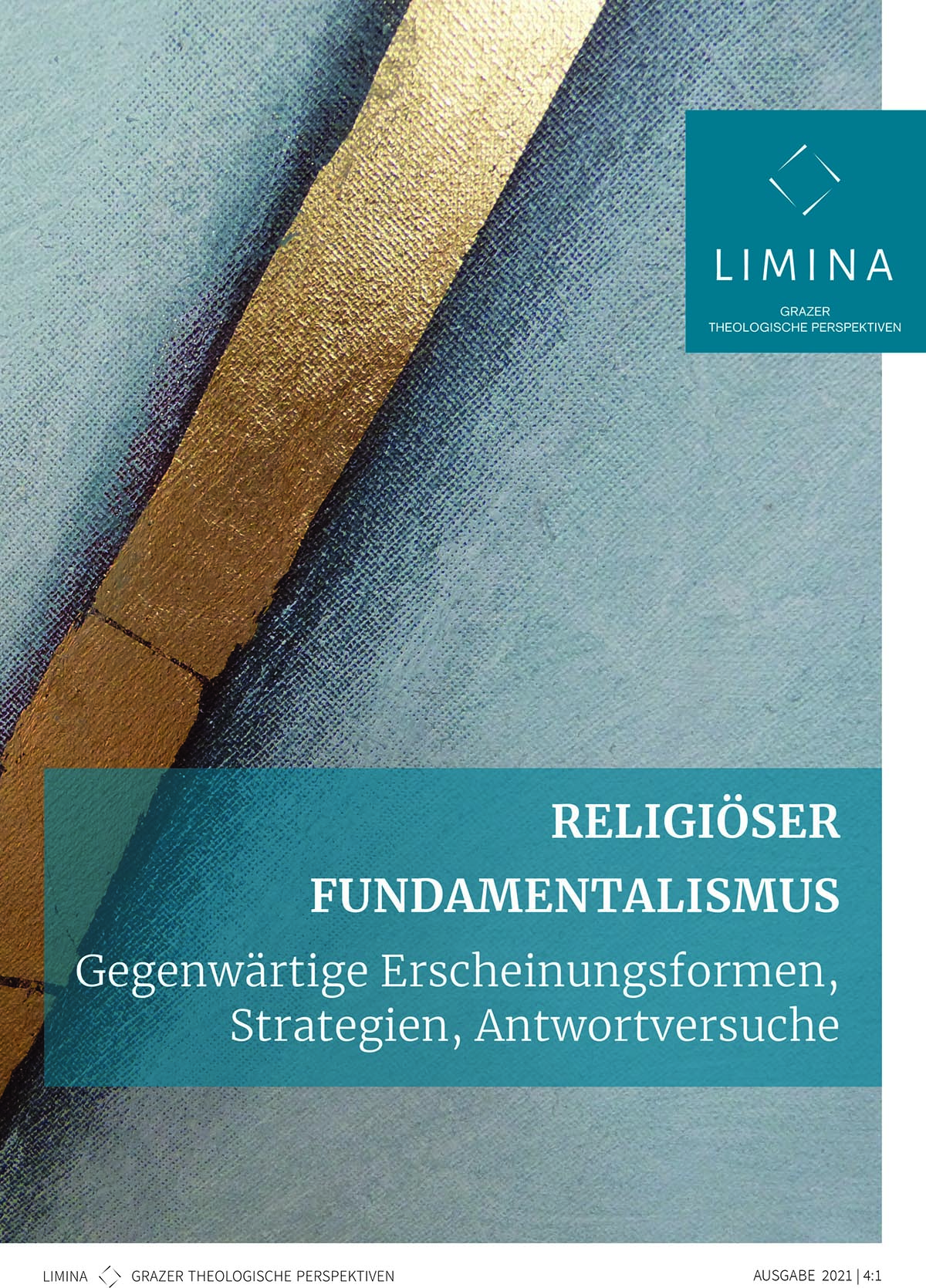Purity and the threat of fundamentalism
Main Article Content
Abstract
Mary Douglasʼ seminal work Purity and Danger on purity, dirt and pollution offers additional perspectives for an analysis of the dynamics of fundamentalism. This article specifically applies Douglas’ categories in investigating the phenomenon of fundamentalism from a particular perspective. One defining element of fundamentalist ideology is the pervasive use of symbolic concepts of purity and sanctity. The idealisation of purity is interlinked with the abhorrence of and defence against thoughts, behaviours, lifestyles, individuals or societal processes that are perceived as contaminating and threatening. Theological, cultural-anthropological and socio-psychological approaches to the subject reveal that all religions are inextricably linked to notions of purity and sanctity and thus all hold fundamentalist potentials. As such, fundamentalism does not solely constitute a ‘misuse’ of religion. The phenomenon of fundamentalism is not restricted to the religious domain; secular ideologies, movements or political structures are equally susceptible to fundamentalist thought and its violence. Focussing on the category of purity, this article explores the occurrence of fundamentalism, highlighting the role of violence, and sets out to take Douglas’ theory beyond the realm of religion.
Article Details
The author(s) retain copyright without any restriction.
LIMINA provides immediately upon publication open access to its content. The content of this journal is licensed under the Creative Commons Attribution 4.0 International Licence. By submitting a contribution, the author(s) agree(s) to the terms of use of the CC BY licence.

